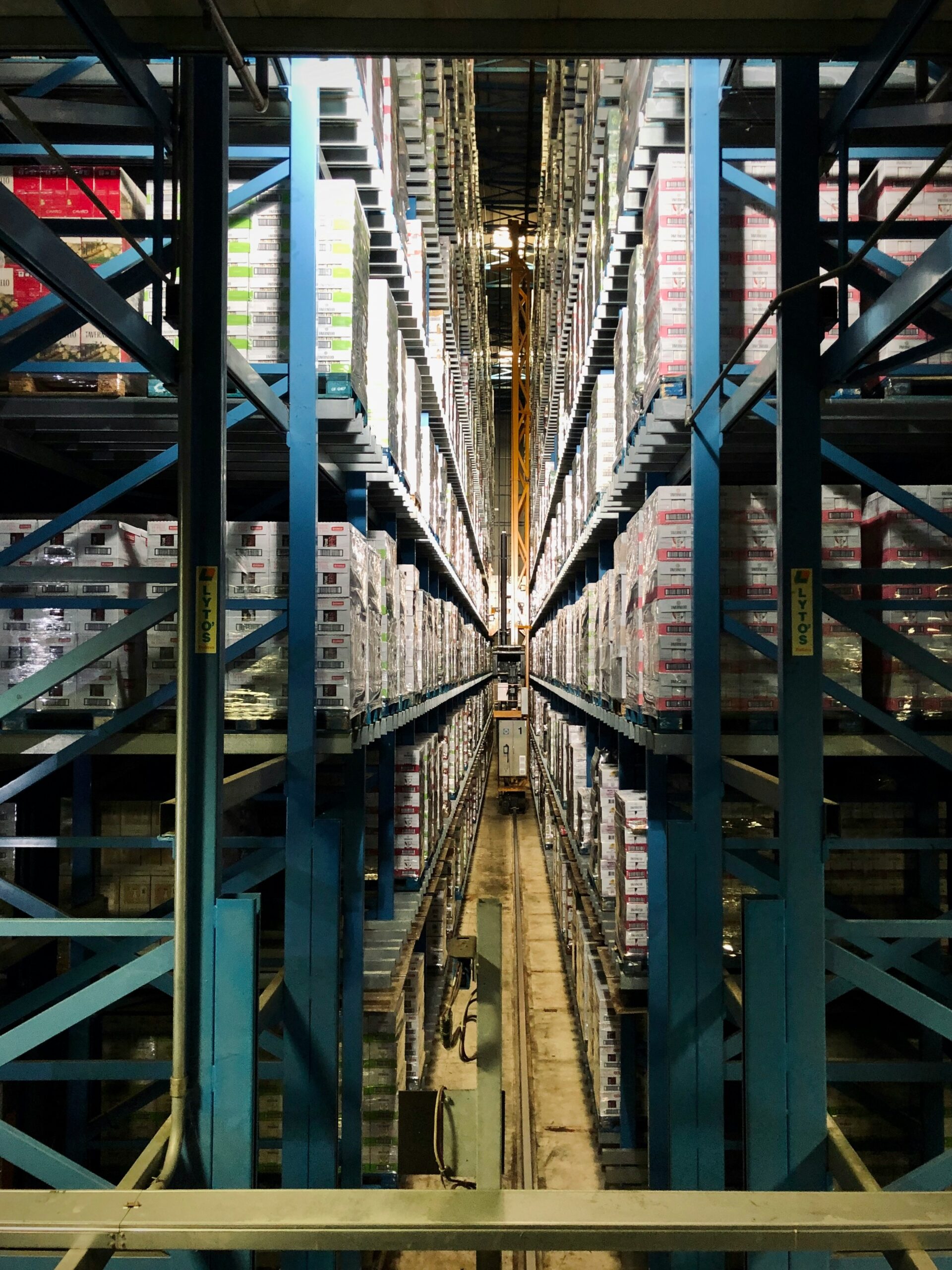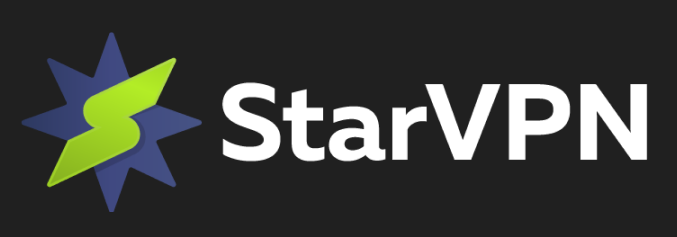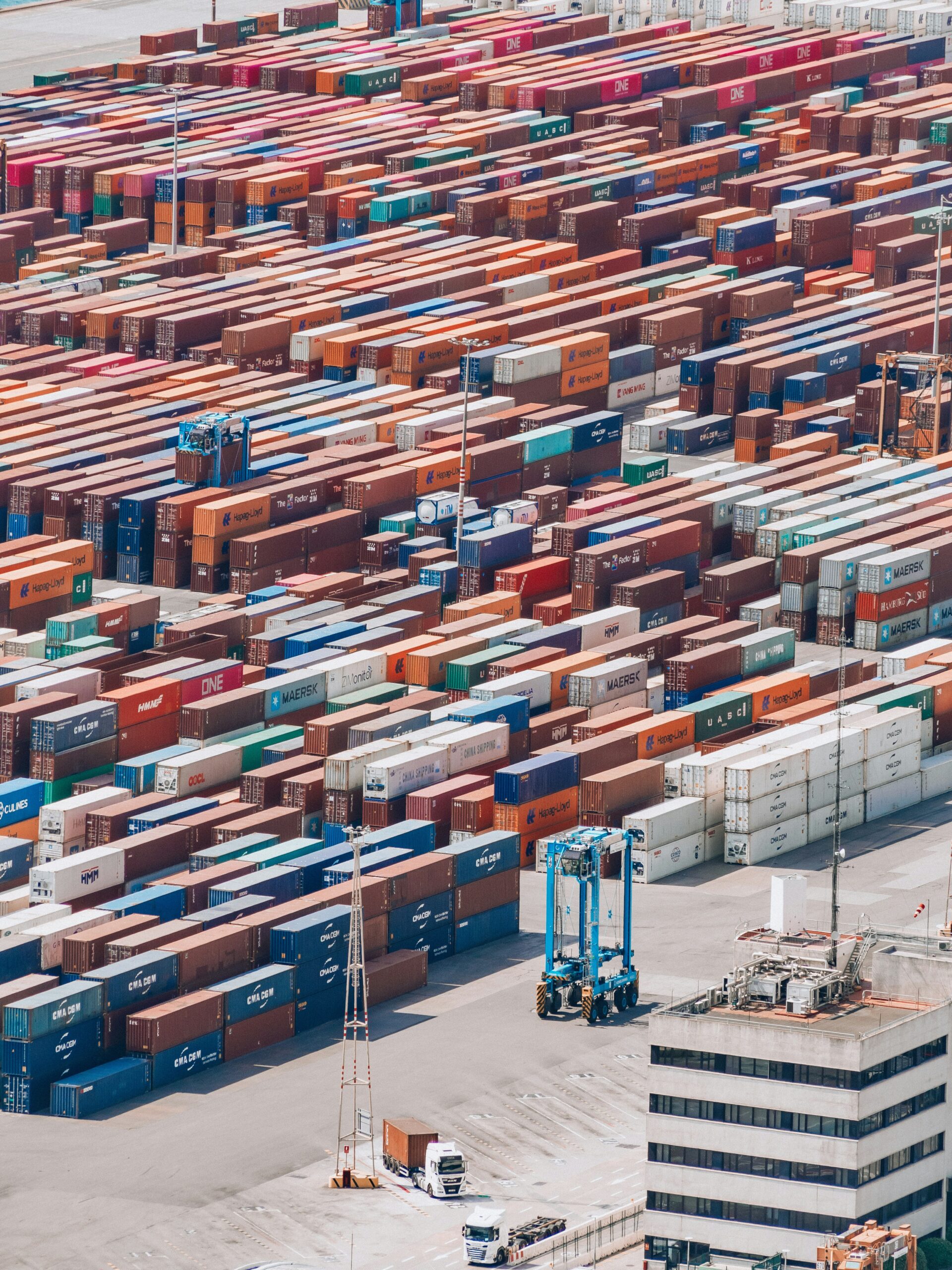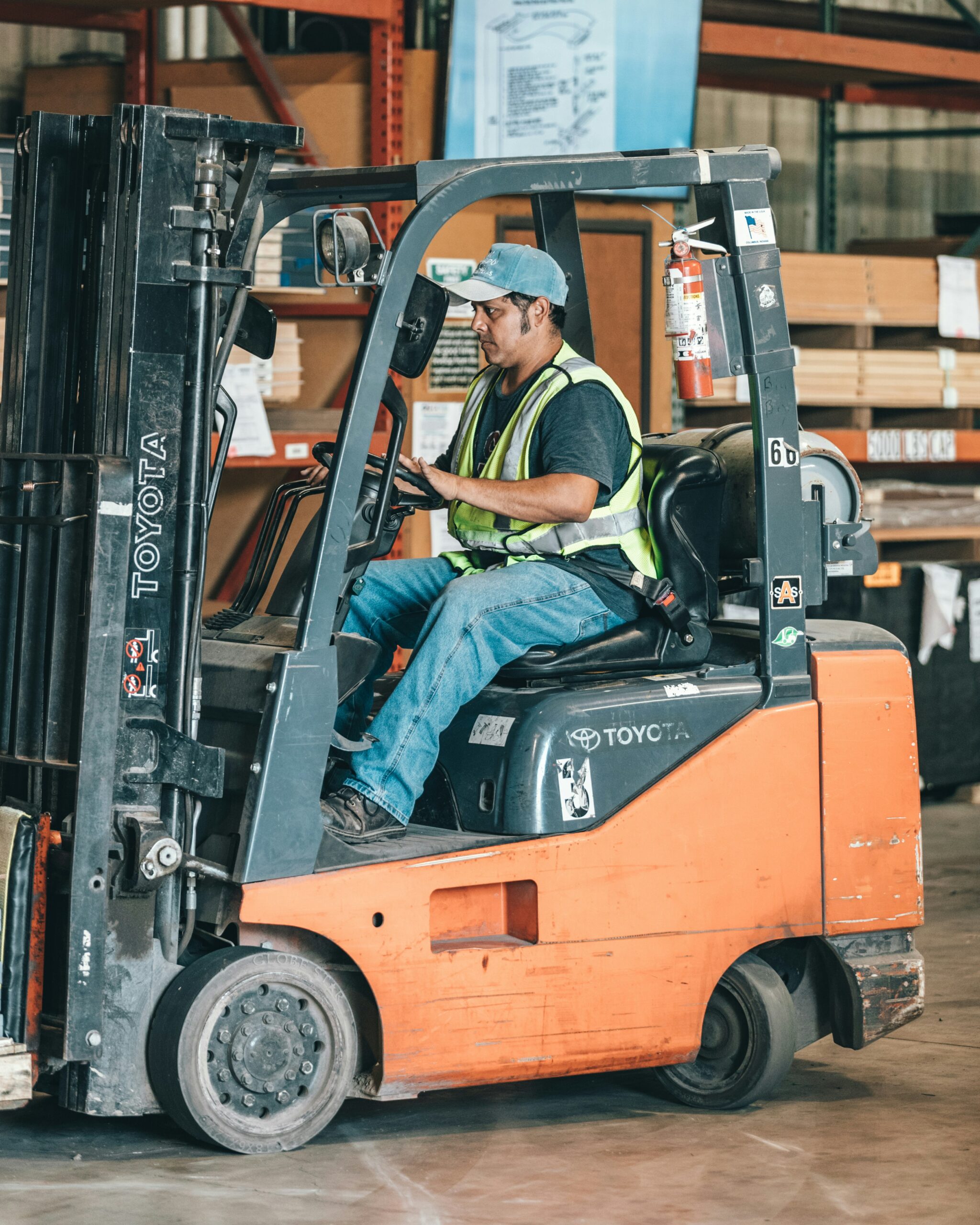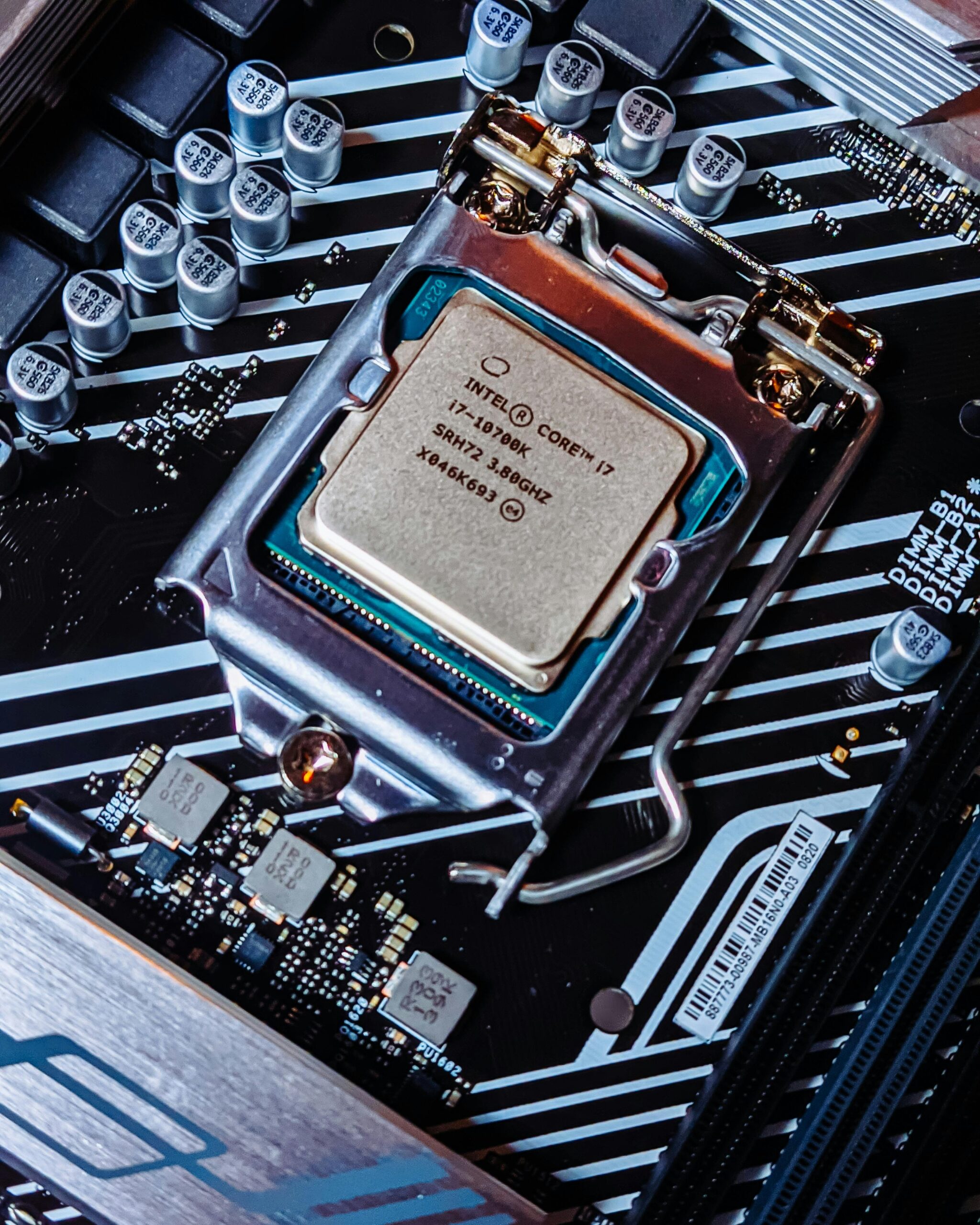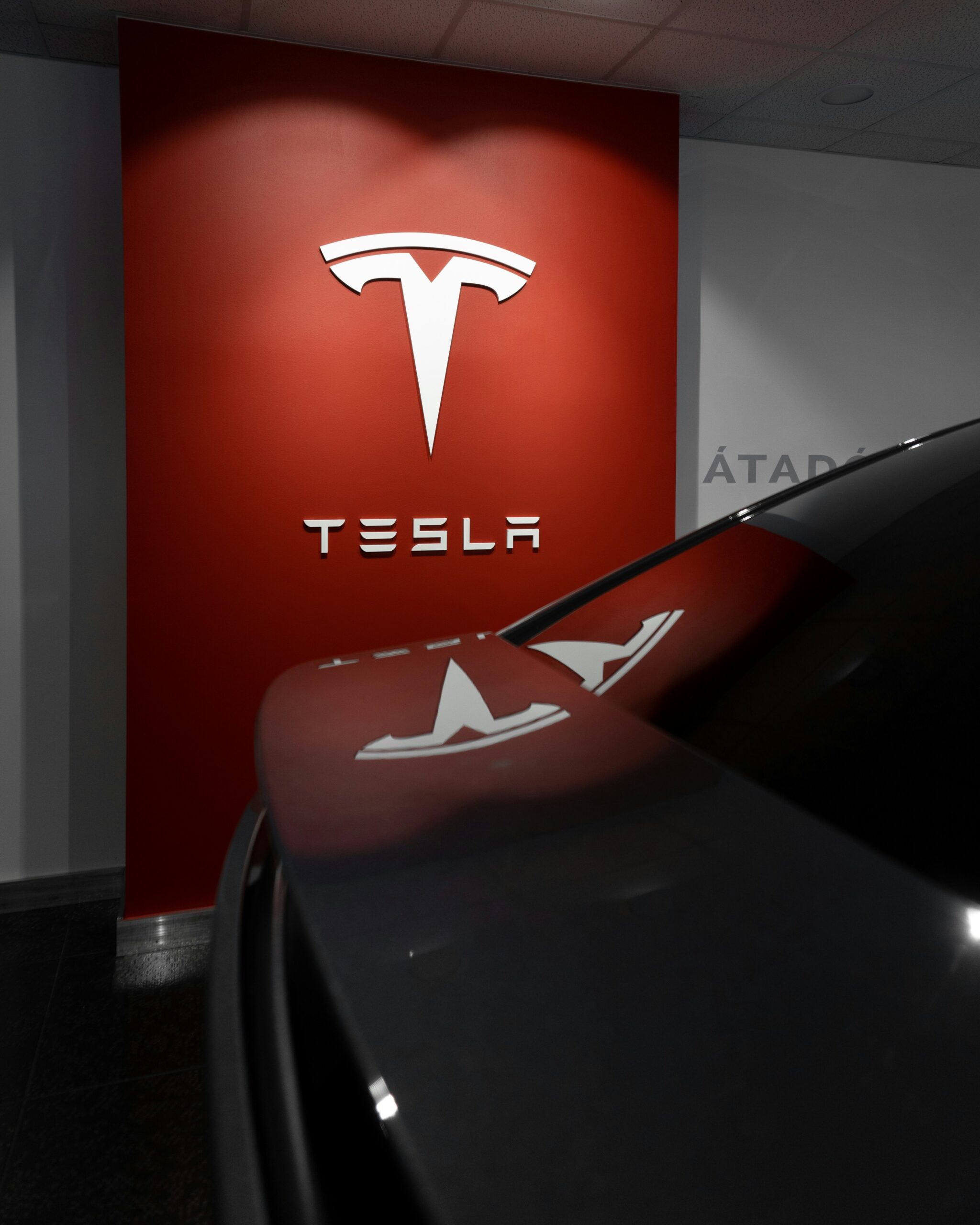Image credit: Unsplash
Between issues like natural disasters, supplier hurdles, and transit delays, the tumultuous nature of supply chains is becoming increasingly difficult to manage. Naturally, the tried-and-true management strategies that rely on static reports and manual decision-making just can’t keep up. While global networks continue to expand, more and more businesses are turning to AI to predict, detect, and respond to these challenges in a quick and precise manner.
AI Detects Early Disruption Warning Signs
Sure, AI can be used for a number of useful services, but its ability to quickly analyze and process massive amounts of unstructured data remains one of its most enticing perks. Whether it’s finance-related logistics updates or supplier news, AI’s ability to detect minuscule patterns and early disruption warning signs makes it a vital tool to stay informed and competitive in this market.
Rather than focusing on past trends, AI helps businesses adapt quickly to new information. That goes for using the tech for supply chain analytics, too. Between adjusting orders, identifying suppliers, and even rerouting shipments, AI makes sure that companies can immediately tend to small issues before they get out of hand.
After Risk Detection Comes Quick Response Times
AI systems are about far more than monitoring risks. On top of cataloging risks, they constantly suggest and initiate response strategies. Apexanalytix’s Chief Product Officer, Danny Thompson, explained AI benefits: “AI can actually go increase order levels or increase the backup inventory minimums, or can launch the creation of the customer.”
Apexanalytix and similar companies are setting the precedent for AI-driven solutions that go further than simply identifying chain risks early. On top of that, they automate critical actions that can help companies stay ahead of disruptions.
How Can Companies Stay Ethical and Remain Private?
Just like any new tech developments, the integration of AI into supply chains has raised significant concerns in the data privacy and ethics departments. While there’s a significant worry that public AI tools may expose sensitive information, there are methods to keep companies safe.
For example, private, ring-fenced AI systems are more secure business models that can utilize the full extent of AI analytics without putting proprietary data at risk. It’s important to maintain control over internal information while meeting regulatory standards, as companies benefit from the speed, accuracy, and scalability of AI solutions.
Taking Advantage of Opportunities for Every Business Size
Smaller companies may think that AI-driven supply chain management isn’t for them. Yet, both small and medium-sized enterprises have access to these intelligent risk management tools. How? These companies can partner with larger clients to utilize shared technology or newer, affordable solutions.
ApexAnalytix is gearing up to launch a free risk assessment product specifically designed to help SMEs take care of vulnerabilities in real time. Of course, this helps businesses, regardless of size, have the same opportunities for success and growth.
What’s Next for Intelligent Supply Chains?
There’s no doubt that AI will continue its pattern of shaping supply chain management. This software is expected to go from predictive analytics to eventually become fully autonomous systems capable of decision-making. Given how quickly this tech is developing, the earlier that businesses invest in AI-driven risk management, the better odds they have to combat disruptions, make the most of operations, and remain competitive no matter what the industry has to offer.
Naturally, as intelligent analytics continue to grow, companies that fully embrace AI will have a resilient edge over those hesitant to use this strategy. AI isn’t just a “futuristic” option anymore; it’s an essential tool right now. The earlier that companies embrace AI, the more opportunities will come their way.
